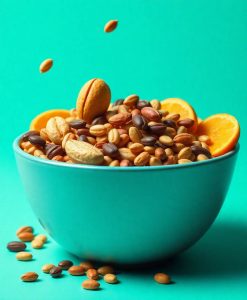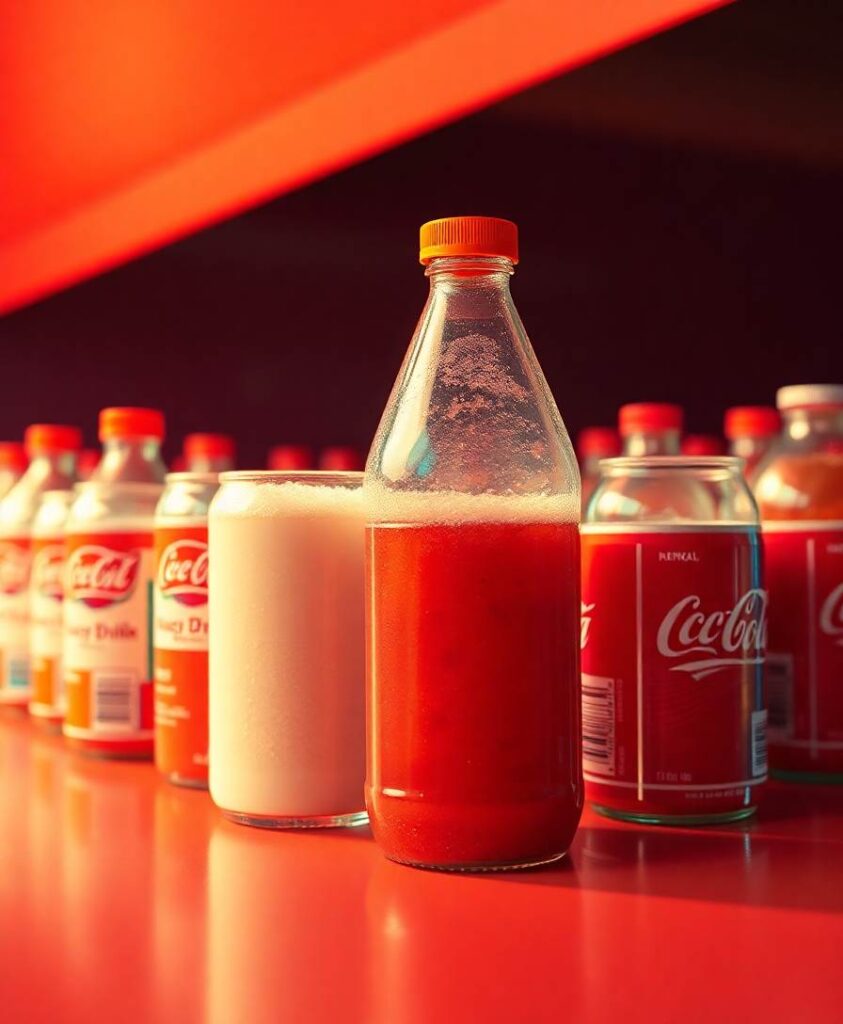Living with diverticulitis can turn your daily routine into a cautious dance around your diet. If you’ve ever hesitated to enjoy a handful of almonds or a sprinkle of sunflower seeds because of the fear it might trigger an attack, you’re not alone. The concern that nuts, seeds, and popcorn might cause flare-ups has lingered for years, guiding many to restrict these healthy foods from their plates. But recent research invites us to reconsider this cautious stance—what if nuts and seeds are not the enemies we once thought?
Many people with diverticulitis find themselves caught in a silent dilemma: the desire to eat nourishing, fiber-rich foods versus the worry that these foods might worsen their condition. For years, the common advice was to avoid small, hard foods like nuts and seeds, based on the idea that they could lodge in diverticula and spark inflammation. Yet, growing evidence suggests that this fear might be unfounded, and that including nuts and seeds in your diet could be safe—and even beneficial for your digestive health.
This new study dispels the myth that nuts and seeds increase the risk of diverticulitis. Instead, it points to a more nuanced understanding of how these foods interact with our gut. For many, the thought of ingesting crunchy, fibrous foods can evoke discomfort or anxiety, especially if they’ve experienced flare-ups before. But the science shows that these foods do not necessarily cause inflammation or flare-ups, and that removing them might actually deprive your body of valuable nutrients and fiber that support overall digestive health.
Understanding how your gut reacts to different foods can be a journey of trial and error, but it’s essential to approach it with current scientific insights. If you’ve been avoiding nuts and seeds, it might be worth discussing with your healthcare provider whether you can safely reintroduce them into your diet. Incorporating a variety of fiber-rich foods, including nuts and seeds, could help maintain healthy bowel movements and reduce the risk of future diverticulitis episodes.
For those living with diverticulitis who want to reclaim a sense of normalcy in their eating habits, this research offers reassurance. It suggests that relaxing dietary restrictions might not only improve your quality of life but also support your long-term gut health. Instead of viewing nuts and seeds as potential culprits, consider them as allies—powerful sources of healthy fats, fiber, and nutrients that nourish your digestive system from the inside out.
As you navigate your dietary choices, remember that each person’s gut responds uniquely. Keep a food journal, note how your body reacts, and stay open to updated scientific findings. The path to managing diverticulitis is often about balance and listening to your body, guided by evidence rather than outdated fears.
In stories of digestive health, the message is clear: what you eat can be a source of strength, not fear. Embracing the idea that nuts and seeds are safe might be a step toward a more confident, balanced approach to your well-being.
Are Nuts and Seeds Safe for Diverticulitis? What Recent Research Reveals
Living with diverticulitis often involves a cautious approach to food choices, especially when it comes to crunchy, seed-filled snacks. For years, many believed that nuts and seeds could worsen inflammation or cause flare-ups, leading to dietary restrictions that can feel limiting and even isolating. But a recent study challenges these assumptions, providing new hope for those seeking to enjoy a more varied, nutritious diet without fear.
This research indicates that nuts, seeds, and popcorn do not increase the risk of diverticulitis. If you’ve been avoiding these foods because of outdated advice, it might be time to reconsider what’s on your plate. Embracing a diet inclusive of nuts and seeds could support your digestive health by providing essential nutrients and fiber, which are vital for maintaining healthy bowel movements and reducing inflammation.
Many individuals with diverticulitis have experienced anxiety around eating certain foods, especially crunchy or hard textures. The idea that these foods might cause obstruction or irritation has shaped their eating habits for years. However, the latest findings suggest that such fears may be unfounded, and that reintroducing nuts and seeds could be both safe and beneficial.

Listening to your body remains key. If you’re unsure whether nuts and seeds are right for you, consult with your healthcare provider or a registered dietitian. They can help you gradually reintroduce these foods and observe how your digestive system responds. Incorporating a variety of fiber-rich foods, including nuts and seeds, might enhance your gut health and reduce the likelihood of future flare-ups.
This insight offers a new perspective for those managing diverticulitis, encouraging a shift from restriction to inclusion. It’s a reminder that your dietary choices should empower you rather than diminish your enjoyment of food. By understanding that nuts and seeds are not the culprits they were once thought to be, you can take a more confident step toward nourishing your body with wholesome, nutrient-dense foods.
Every person’s journey with digestive health is unique. Staying informed with the latest research, keeping track of your symptoms, and listening to your body can help you craft a diet that supports your well-being. You don’t need to surrender the pleasure of crunchy snacks—your gut might thank you for rethinking what you thought you knew.
Learn More: Study: Nuts, Seeds Don’t Raise Diverticulitis Risk
Abstract: Patients with diverticulitis often try to control the digestive condition by cutting nuts, seeds and popcorn out of their daily diet. But that’s not necessary, a new study has found. Nuts and seeds do not increase the risk of diverticulitis, according to findings published…
Link: Read Full Article (External Site)



